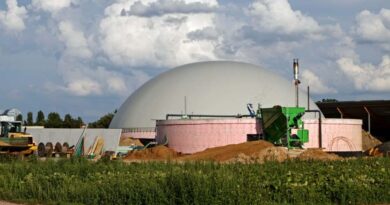How can I help? Save Water

The poor state of the environment today is in large part due to the negligence on our part. From not practicing sustainable living practices to not using the resources frugally and almost abusing them. In fact, sometimes, if we look at how we have treated the Earth’s resources, we have behaved more like aliens stripping the planet than its residents who have to stay here for posterity.
This is a series that will start the process of telling you just what you can do to make a difference. In this first article of our 5 part series, we bring to you the ways in which our sustainable consumption of water can contribute to a healthy and sustainable environment.
Fresh, clean water is essential to life—no one can live long without it—yet it is one of the scarcest and most endangered resources on our increasingly fragile planet.
Water covers more than 70 percent of the Earth’s surface, but most of that is salt water. Freshwater supplies are much more limited, and today a third of the world’s people lack access to clean drinking water. According to the United Nations, 95 percent of the cities worldwide still dump raw sewage into their water supplies. Not surprisingly, 80 percent of all illnesses in developing countries can be linked to unsanitary water. Use only as much water as you need, don’t waste the water you do use, and avoid doing anything to endanger water supplies.
To get a better idea of the numbers below, consider the fact that even the government of Delhi, which has mandated 20,000 litres per month of free water for the poorest, if you take a family of 5 as the norm, is talking bout 130 litres per day of water.
Following these simple steps will go a long way in protecting our planet and securing its future,
- Use showers
Showers beat baths from an environment standpoint, based on standard numbers, a 10 minute shower using a low-flow shower head uses 70-80 litres of water whereas a bath uses nearly 200 litres. So, according to these standards a shower will consume less water than a bath as long as the duration of it is short. Of course, the shorter you keep it, the more you save! Remember 130 litres above!
- Keep the taps off during brushing, shaving.
A good measure, we’re taught from a very young age to always turn off the taps while brushing, washing our hands, shaving etc. Considering that on an average we wash our hands at least 9 times everyday, it was estimated that by turning off the taps for 20 seconds while scrubbing our hands with soap can save close to 30 litres of water in a day.
- Ensure water tanks don’t overflow.
The gargantuan tide of urbanisation to supplement the increasing population brings with it an extreme load on the water resources, nearly bringing on a water shortage crisis across multiple capitals across our country. Making it imperative to ensure that our water tanks aren’t overflowing. As is seen across multiple housing society’s water puddles forming across streets due to unattended tanks that overflow. Water level indicators that are commonly available make it easier to ensure that our tanks don’t overflow.
- Tips for gardening,
If you have a terrace garden, consider plants from the succulents’ family, they consume less water. Cactiica also makes very attractive and valuable collections. A new type of virtual gardens are coming into focus, they use aquaponic or aeroponic gardening techniques that use lower quantities of soil and water and yet produce a great amount of yield. In gardens that are curated just for looks, sticking to seasonal flowers is more environmentally friendly.
- Washing Utensils,
Rinse barely used utensils in the kitchen immediately for reuse. For example, if you have used a utensil to keep cut veggies and fruits, or a salad. Chances are, you don’t need to use detergent to wash them, and a simple rinse will do. Save that for the really oily stuff. In other cases, it is advised to use industry standard dishwashers which use 4 gallons of water per load instead of hand washing utensils that consume close to 20 gallons.

![]()




